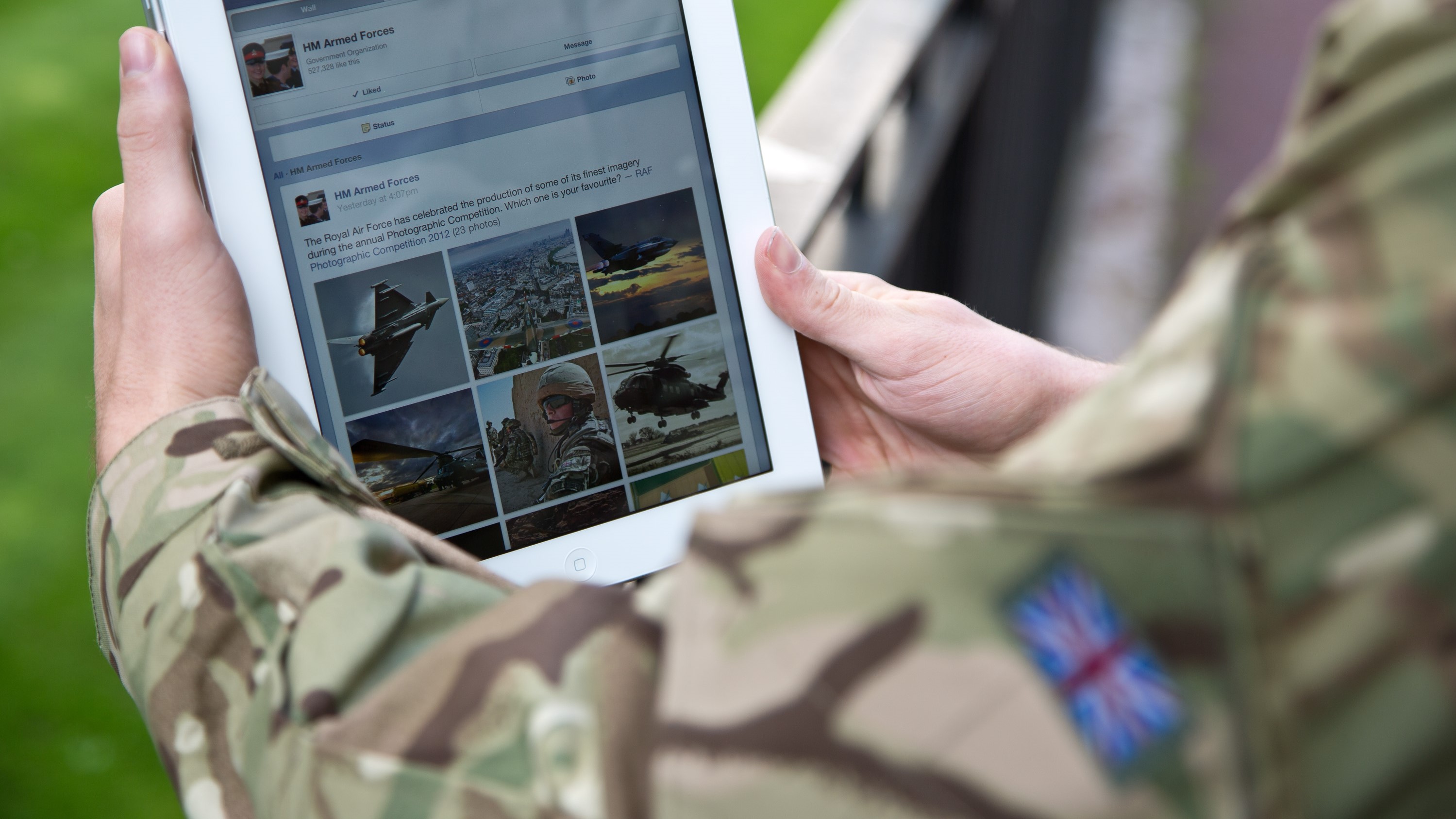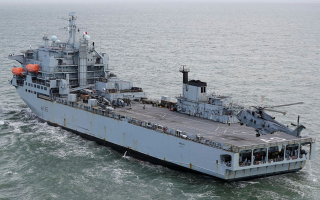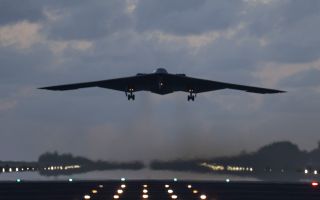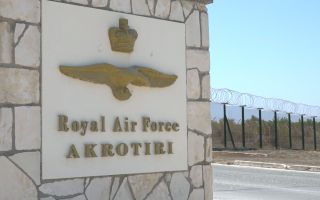
What is the Army's social media policy?

Social media offers the British Army fast and direct communication within its workforce and effective communication externally.
The Army has remained supportive of the continued usage of platforms, allowing personnel to blog, or document their experiences, encouraging healthy debate about the service and what to expect when joining.
However, digital communications can come with significant risks, especially within the Army, a national institution that protects the UK.
The British Army has a guidance policy to govern what information troops can share on their social media accounts and from which accounts service officials can post.
Their social media policy has recently come into the spotlight after Colonel Dr Kevin Wright, claimed he was forced to quit the service after being criticised for saying that "men cannot be women" – something the Ministry of Defence (MOD) denied was the case.
Defence Secretary Ben Wallace responded to the story saying that the investigation "stemmed from Army social media policy and had nothing to do with his (Col Wright's) views".
On the 'forced to quit' claims story, Mr Wallace tweeted: "Col Dr Wright was NOT forced out of the Army. His views are NOT contrary to Army policy... He was encouraged to stay."
The Defence Secretary was hitting back at what he called "really rubbish and untrue stories in the media" with a series of tweets, saying "sensationalism is trumping truth every time".
According to the MOD, soldiers are held to account when their social media usage contradicts the values and standards, or they bring the Army into disrepute.
This continues to apply to all members of the Army, whether on duty, off duty or on leave, and may result in administrative or disciplinary action.
Personal social media use
The Ministry of Defence (MOD) says: "As members of the defence community, it is your duty to protect the information and reputation of both MOD and the Government.
"Protecting the MOD and its people on social media requires all personnel to make careful choices about who they interact with and what information they choose to share."
The policy for the personnel addresses several areas of social media usage.
It asks that troops be careful what they share on social media, saying "we must all accept a level of responsibility for how we portray ourselves online as this also represents defence as an organisation".
Also highlighted by the MOD is that personnel make it clear they are making a personal opinion that may differ from the opinion of UK defence.
"Social media must be handled appropriately across the organisation to minimise security risk. When communicating over social media platforms such as Facebook, Instagram and Twitter we must ensure opinions are presented as our own, not that of defence," the guidance says.
Misinformation and disinformation
The possible "high quantity of misinformation and disinformation" available at this time is also addressed in the policy.
"Misinformation relates to content that is presented as fact despite being false or out-of-context and disinformation is intentionally false and designed to deceive which makes it harder for us to determine what is true, and who we can trust," the policy says.
It adds: "We must all be aware when sharing information that may be inaccurate."
Crucially, the policy highlights that personnel must not share their security clearance online.
"You must not share your level of security clearance, or that of those around you, anywhere on social media or in the public domain. If you do so you may be at risk of losing it," it says.







